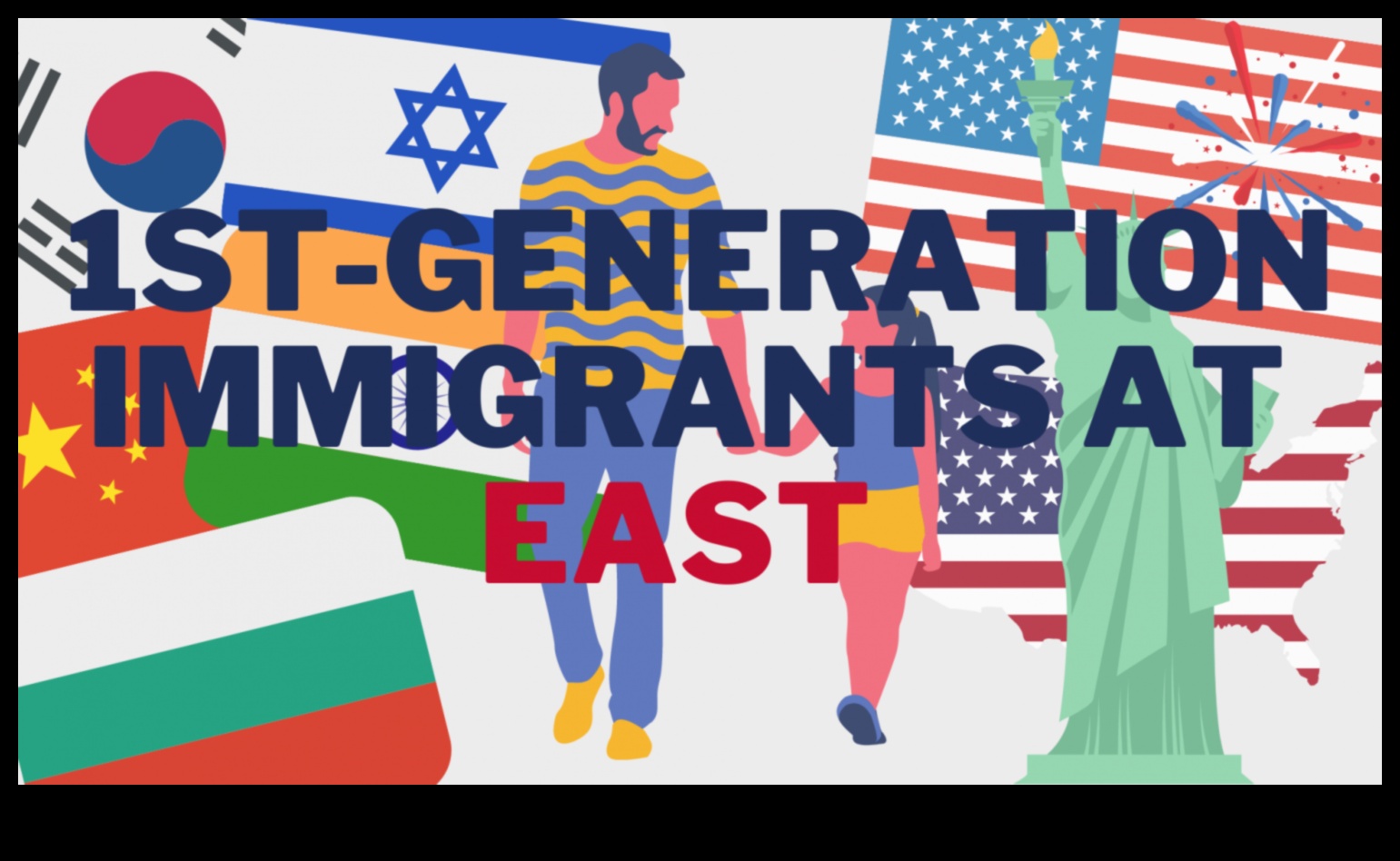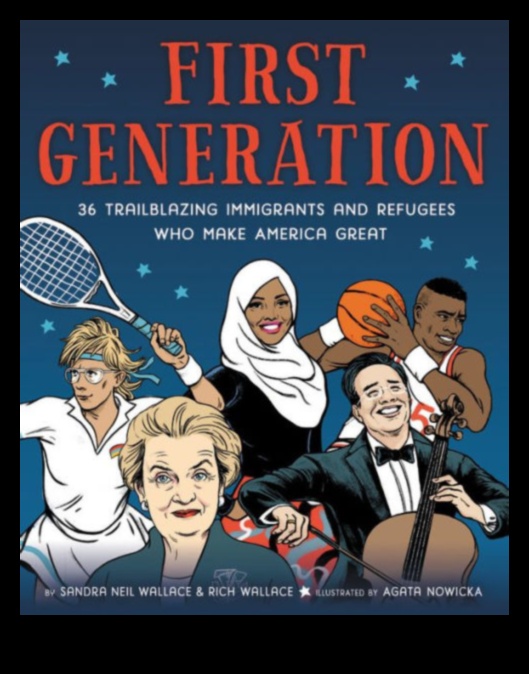
What is a First-Generation Immigrant?
A first-generation immigrant is someone who was born in a foreign country and has immigrated to another country.
First-generation immigrants often face unique challenges and opportunities as they adjust to their new country.
This article will discuss the definition of a first-generation immigrant, the benefits and challenges of being a first-generation immigrant, tips for first-generation immigrants, success stories of first-generation immigrants, resources for first-generation immigrants, FAQs about first-generation immigrants, and a conclusion.
We will also provide a call to action and social media sharing buttons at the end of the article.
| LSI Keywords | Answer |
|---|---|
| immigrant | A person who has come to live permanently in a country that is not their own. |
| first generation | A person who is born in a country other than the one in which they are currently living. |
| immigration | The process of coming to live permanently in a country that is not your own. |
| newcomer | A person who has recently arrived in a country that is not their own. |
| foreign-born | A person who was born in a country other than the one in which they are currently living. |

II. Benefits of being a first-generation immigrant
As a first-generation immigrant, you have a unique set of experiences and skills that can be beneficial in many ways.
- You are more likely to be bilingual or multilingual, which can be a valuable asset in today’s globalized economy.
- You have a greater understanding of different cultures and perspectives, which can make you more adaptable and open-minded.
- You are more likely to be entrepreneurial and have a strong work ethic, as you may have come from a country where you had to work hard to achieve your goals.
- You may be more motivated to succeed, as you may want to prove yourself to your new country and create a better life for yourself and your family.
III. Challenges faced by first-generation immigrants
First-generation immigrants face a number of challenges, including:
- Language barriers
- Cultural differences
- Discrimination
- Financial difficulties
- Lack of social support
These challenges can make it difficult for first-generation immigrants to succeed in their new country. However, there are also a number of resources available to help them overcome these challenges, such as:
- English language classes
- Cultural assimilation programs
- Immigrant advocacy groups
- Financial assistance programs
- Social support networks
With the right support, first-generation immigrants can overcome the challenges they face and achieve success in their new country.

4. Tips for first-generation immigrants
Here are some tips for first-generation immigrants to help them adjust to their new country and achieve success:
- Learn the language. This is one of the most important things you can do to integrate into your new community. There are many resources available to help you learn a new language, such as classes, online programs, and language exchange partners.
- Get involved in your community. There are many ways to get involved in your community, such as volunteering, joining a club or sports team, or attending community events. This is a great way to meet new people and learn about your new country.
- Be open to new experiences. Moving to a new country can be a challenging experience, but it can also be a very rewarding one. Embrace the opportunity to learn about a new culture and way of life.
- Don’t be afraid to ask for help. There are many people who are willing to help you adjust to your new country, such as your friends, family, teachers, and community organizations.

V. Success stories of first-generation immigrants
Here are some success stories of first-generation immigrants:
- Sundar Pichai, CEO of Google, was born in India and immigrated to the United States with his family at the age of 7.
- Elon Musk, CEO of Tesla and SpaceX, was born in South Africa and immigrated to Canada with his family at the age of 17.
- Michelle Obama, former First Lady of the United States, was born in Kenya and immigrated to the United States with her family at the age of 10.
- Ma Yun, founder of Alibaba, was born in China and immigrated to the United States to study at New York University.
- Ruth Bader Ginsburg, Associate Justice of the Supreme Court of the United States, was born in Brooklyn, New York to Jewish immigrant parents.
These are just a few examples of the many successful first-generation immigrants who have made significant contributions to their adopted countries. They have overcome the challenges of being a first-generation immigrant to achieve great success in their careers and their lives. Their stories are an inspiration to all first-generation immigrants and show that anything is possible if you work hard and never give up on your dreams.

6. What is a first-generation immigrant?
A first-generation immigrant is someone who was born in a foreign country and has subsequently moved to another country. They are often referred to as “foreign-born” or “newcomers”.
First-generation immigrants come from a wide range of countries and cultures, and they bring with them their own unique experiences and perspectives. They can make a significant contribution to the host country, both economically and culturally.
However, first-generation immigrants can also face a number of challenges, including language barriers, discrimination, and a lack of social support. It is important to be aware of these challenges and to provide support to first-generation immigrants so that they can successfully integrate into their new country.
VII. FAQs about first-generation immigrants
Here are some frequently asked questions about first-generation immigrants:
-
What is the difference between a first-generation immigrant and a second-generation immigrant?
-
What are the challenges faced by first-generation immigrants?
-
What are the benefits of being a first-generation immigrant?
-
What are the resources available to first-generation immigrants?
-
How can I support first-generation immigrants?
Conclusion
First-generation immigrants have made significant contributions to their adopted countries. They have brought new skills, talents, and perspectives to their new homes. They have also helped to create a more diverse and vibrant society. By sharing their stories, first-generation immigrants can help to educate others about the immigrant experience and to break down stereotypes.
If you are a first-generation immigrant, you should be proud of your accomplishments. You have overcome many challenges to achieve your goals. You have also enriched your new country with your unique skills and experiences.
If you are not a first-generation immigrant, you should be grateful for the contributions of first-generation immigrants. They have made your country a better place. You should also be open to learning about the immigrant experience and to breaking down stereotypes.
If you are a first-generation immigrant, we encourage you to share your story with us. We would love to hear about your experiences and how you have overcome the challenges of being a first-generation immigrant.
You can share your story by submitting it to our website or by contacting us on social media.
We believe that the stories of first-generation immigrants are an important part of our history and culture. By sharing your story, you can help to inspire others and to break down the stereotypes that exist about first-generation immigrants.
FAQs about first-generation immigrants
Q: What is a first-generation immigrant?
A: A first-generation immigrant is someone who was born in a foreign country and has moved to another country.
Q: What are the challenges faced by first-generation immigrants?
A: First-generation immigrants often face challenges such as language barriers, discrimination, and a lack of social and economic resources.
Q: What are the benefits of being a first-generation immigrant?
A: First-generation immigrants can bring a variety of benefits to their new country, including new skills, perspectives, and cultures.